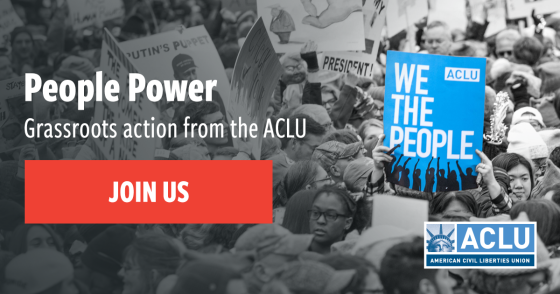LINCOLN, Neb. – This afternoon, the ACLU of Nebraska will testify against a proposed Nebraska Legislature rule change that would close committees’ executive sessions to news media.
The rule change would further limit the public’s access to information on a key government function by pushing journalists out of meetings that are already closed to the general public.
ACLU of Nebraska Executive Director Danielle Conrad said Nebraskans have a right to know what their elected officials are saying in executive session:
“Our Unicameral legislature is rightly a generational point of pride for all Nebraskans because its hallmarks include nonpartisanship, responsiveness, efficacy and transparency. These unique attributes must be vigilantly safeguarded to ensure the strength and ability of our institution to conduct the people’s business. Inside the very same building that has an inscription praising citizen oversight over an entrance, today state senators are considering a rule change that would increase secrecy and let them shirk accountability as they make key decisions. It’s as simple as this: the proposal is a threat to open government and public participation. It’s wrong for Nebraska.”
Although the hearing on the rules change is open to the public, information on the proposal was released fewer than 24 hours before the hearing.
The ACLU of Nebraska will also testify in support of a proposal regarding racial impact statements, which would provide lawmakers with information on a proposal’s likely impact on current racial and ethnic disparities. The rule proposal comes after publication of a new report showing continued significant racial and ethnic disparities at every juncture of Nebraska’s criminal system.
The ACLU of Nebraska advocates for smart justice reform that prioritizes communities most impacted by institutional racism. The organization’s 2019 report on racial bias in traffic stops, “Equality Before the Stop,” contributed to passage of a statewide anti-bias or implicit bias training requirement for law enforcement officers.
